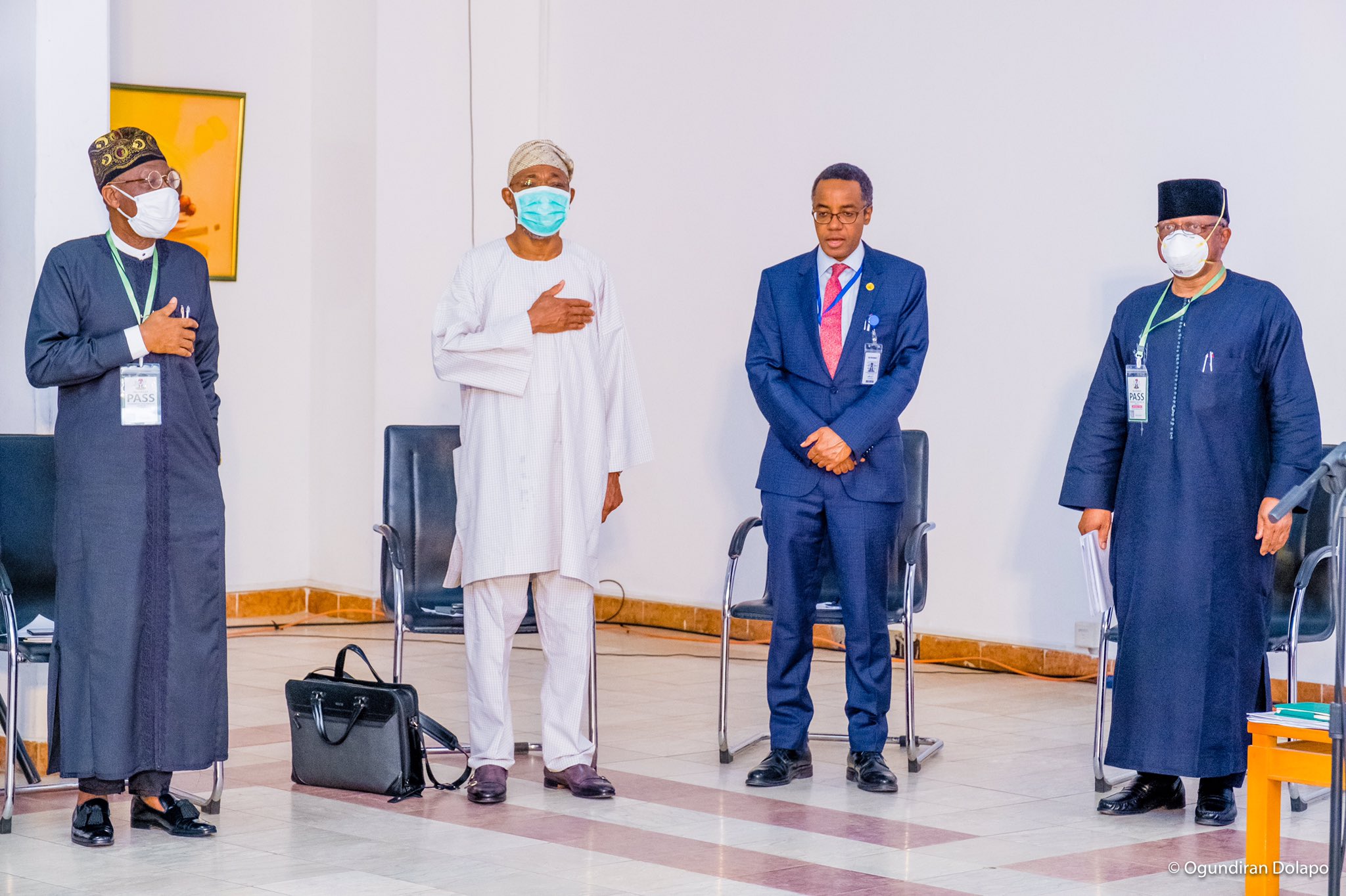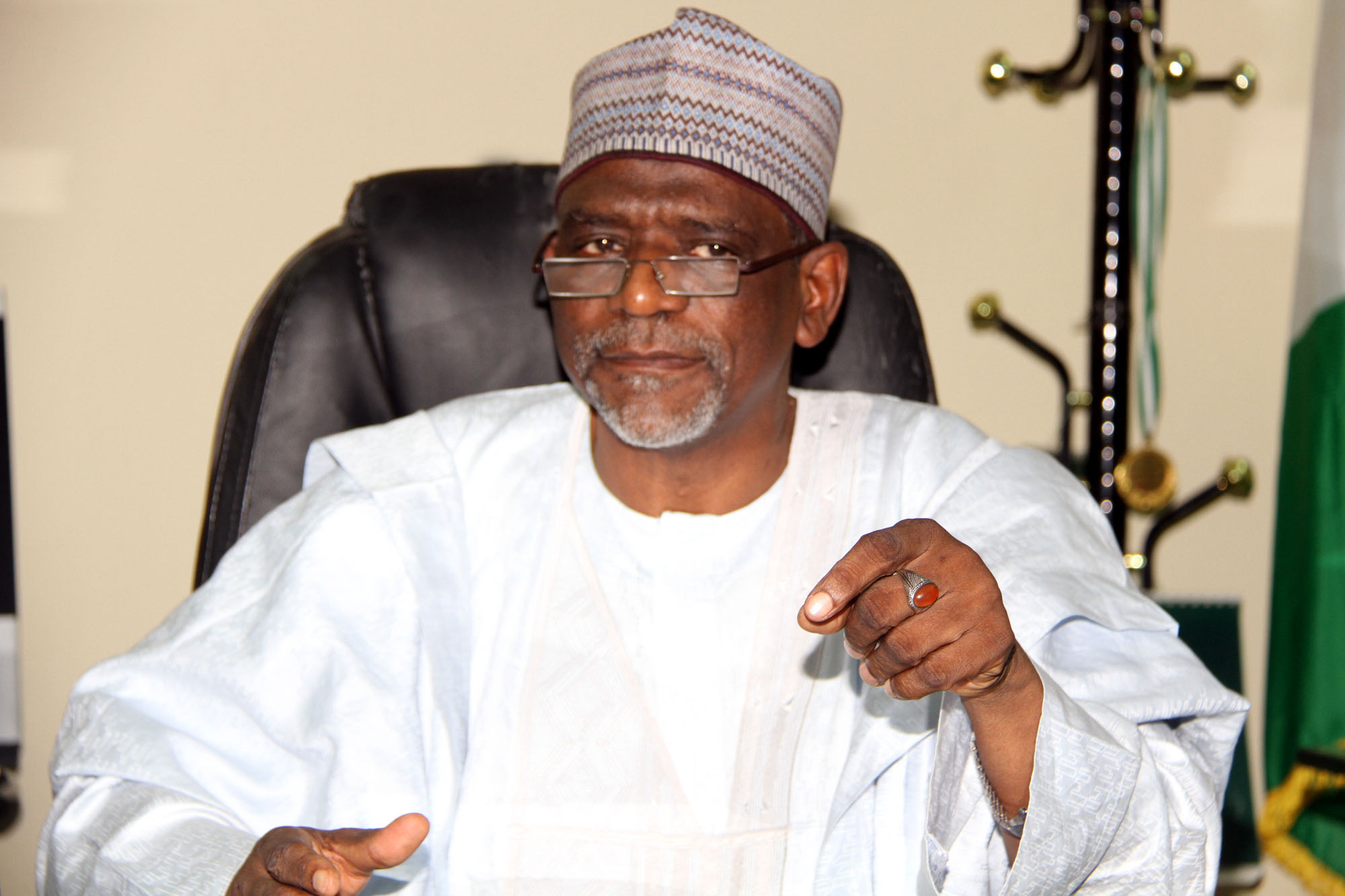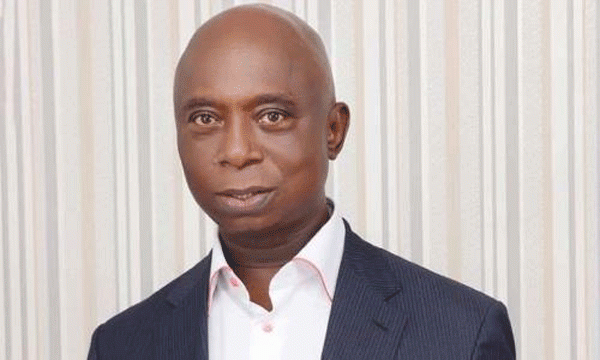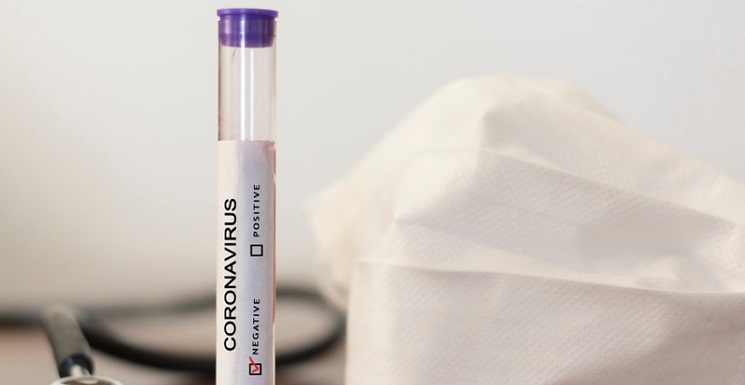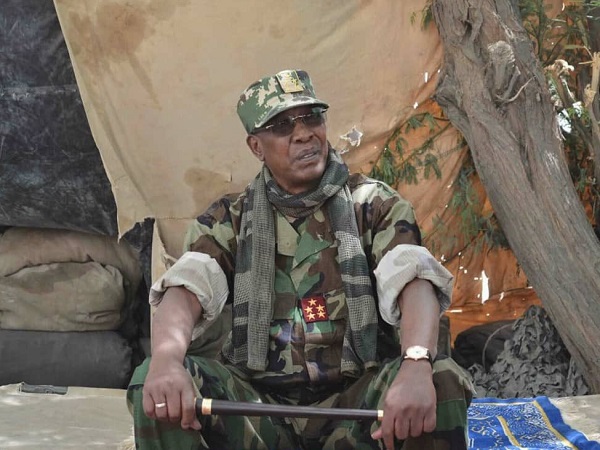On Tuesday, a two-and-a-half-minute video circulated quite a bit on the social media. It was of a faceless woman who had apparently just benefitted from the Ogun State Government’s COVID-19 lockdown relief package for its citizens.
All you see in the video are two bags of what looks like 12.5kg of what she said was rice. The anonymous lady, in a remarkably vibrant voice, launched into a tirade about how meagre the government offering was. Before giving a reluctant gratitude, she told everyone of how these two bags of rice, (which she vouched the governor would finish in one day) was meant to serve the 75 adults in her community and their children for 14 days. She reminded the authorities that Nigerians were very active at the business of procreation and how that should have guided the quantum of materials made available to families.
Obviously now infuriated, she said that the coronavirus issue was brought upon the country by people in government. Hear: “This thing that you are giving us tokens for, you brought it upon us o. Because it entered from Aso Rock. Coro did not come to the poor man’s house o. You are the ones always travelling about and now, you have brought coro upon us… If you have as little as a headache, you fly abroad, look at what you have brought upon us…” She ended with a volume of unprintable words for which, if he is superstitious, Governor Dapo Abiodun may want to invite his prayer men for a bout of deliverance.
Regardless of how offensive the faceless woman’s vituperation may come across, it typifies the discontent of Nigerian citizens with their leaders. Contemplating the grouse of the woman cited above and the venom with which she expressed it, you will see the disconnect between the average Nigerian and their leader. The same worrisome sense came over me in trying to understand the blatant refusal of many Nigerians to observe the stay- at-home order imposed by the President, Major General Muhammadu Buhari (retd.).
Advertisement
On Monday, veteran media personality, Mr Jimi Disu, posted an image on his Instagram handle. This photo, according to the eyewitness who must have sent it, showed the horrendous traffic between Jakande Estate and Agungi on the Lagos/Epe Expressway. The eyewitness wondered whether there was still any lockdown in Lagos. The same situation was reported on Tuesday with videos showing heavy traffic from Ajah to Jakande in the same axis. This time, the eyewitness wondered if eight days into the 14-day lockdown, people had started leading their normal lives again.
Pondering over this, you would realise that there are a number of issues bordering on governance and respect for law in Nigeria. And as it relates to COVID-19, it seems, from the speech of the disgruntled Ogun woman noted earlier, that the average Nigerian is convinced that the COVID-19 is an affliction meant for the rich and powerful, who should bear the brunt alone. But it also opens up the reality of those who eke out a living on the streets daily, who are not able to feed their families unless they go to the market and make some sales.
In decreeing the lockdown, which is without doubt, a reasonable course of action, government forgot that the personal economy of a large percentage of the people is manual and subsistence and that lockdowns would not work without well-thought-out welfare packages that eliminate the temptation to go search for a means of survival. Uneven tokens, like the one the disgruntled lady complained about, would only put the people in a position where they would rather fight to prevent the death that hunger could bring on them and their families in defiance of coronavirus that they neither see nor believe in!
Advertisement
Here is where confidence in leadership is critical. Nigerians will continue to see this contagion as punishment for official impunity unless leaders come off their high horses and show that this affects all Nigerians
Without argument, Nigeria’s most high-profile case would be the Chief of Staff to President Buhari, Abba Kyari. The drama behind accepting the fact that he got infected itself told a lot about the attitude of our leaders. And then, when the fact was eventually conceded, Kyari did not think he owed Nigerians an apology for returning to work immediately after a foreign trip in defiance of the two-week recommended isolation. Not just that, stories have only been told about his likely transfer to Lagos even though there are claims that he has remained asymptomatic! So, what stops Kyari from checking into the Gwagwalada isolation centre where every other case diagnosed in Abuja is admitted? If we accept the claims that his choice was to avoid becoming a burden on the nation, the question remains, why does government not understand the symbolism inherent in providing occasional update on the condition of this man from the seat of power? From Germany to Canada and the United Kingdom, we have seen the transparency attending the infection of leaders. The latest of this is situation of the UK Prime Minister, Boris Johnson, whose transfer to intensive care was open news. Does government realise how much such openness can defuse ignorance and resistance?
And then, you would have seen the poor example of the concept of social distancing that accompanies the distribution of money, food and other relief materials by agents of the government. Although the President promised that there would be conditional transfer during his national address penultimate Sunday, beneficiaries have been seen in numbers waiting to collect their portion with very scant regard for social distancing that government is preaching.
Lagos State towered above its peers on this front until, while trying to make an example of filmmaker, Funke Akindele-Bello, and her husband on Monday. The premises of the Magistrate Court where the duo was summarily tried and sentenced had a congregation of people literally climbing on one another to have a piece of the action. In the very breath that you want to demonstrate the importance of obeying the emergency law contravened by the couple who hosted 20 people a day earlier, you have tens of people around the court in a matter that could have disposed of with very little attention. Such actions send conflicting signals that confuse the simple minded; an abundance of which Nigeria has.
Advertisement
And then, there is the overlord disposition of people like the Minister of Information and Orientation, Mr Lai Mohammed. Speaking at one press conference last weekend Mohammed said: “If we don’t behave ourselves, there is a likelihood that the lockdown will be extended, but if we behave ourselves, there might not be an extension… “But if they think it is a joke, then we may have to stay at home more than the two weeks.” So, says to the people of Nigerian, the same man, whose responsibility it is to break the issue down to the lowest of Nigerians and make them understand the danger they bring on themselves, their families, communities and nation at large by the failure to obey this lockdown order. Such consensus building, rather than threats, would soften grounds for compliance with regulations that government may introduce. Communicating this situation and its severity to the masses of Nigerians cannot just be by the one-hour daily press-conferences but pervasive dissemination of information that speaks to every Nigerian wherever they are
That is not to speak of the failure of laws and law enforcement, the lack of attention to the welfare of officials of law enforcement agencies, which condones compromises and encourages the people to step on the law. Government needs some soul searching if it must usefully get Nigerians to comply at this time.
Regardless of what government has done or not done though, Nigerians must know that the survival of the country lies in their hands. First, know that coronavirus does not discriminate between rich and the poor. Know that the stay-at-home order is key to forestalling community transmission and know that unless we prevent community transmission, Nigeria may be going to a very scary place that we do not just imagine. For a country that does not have the infrastructure to test and treat just a fraction of its people, those people must help themselves by staying at home until the coast clears.
Twitter: @niranadedokun
Advertisement
Views expressed by contributors are strictly personal and not of TheCable.

